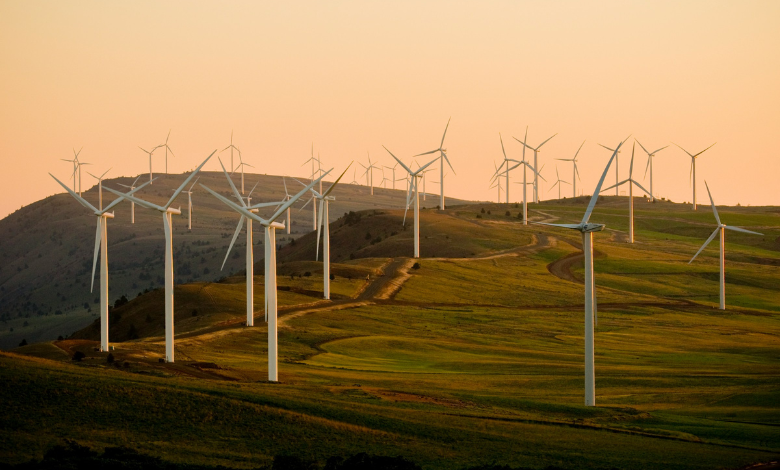Explore Dubai’s commitment to sustainability and plan to meet net-zero by 2050

The UAE is a frontrunner in the global shift towards clean and renewable energy. The Gulf state secured the second position in the Energy Transition category of the Green Future Index 2023 and ranked as the sixth highest per capita consumer of solar energy globally.
The Emirates’ declaration almost 10 years ago to celebrate the export of the last barrel of oil highlights a strategic move towards a diverse, sustainable and prosperous economy. This approach reflects a focus on efficient management of natural resources.
The COP28 climate conference comprehensively demonstrated the UAE’s commitment to sustainability. The Summit held in Dubai in November 2023 achieved notable success on its first day itself as participants agreed to operationalise the Loss and Damage Fund.
First announced during COP27 in Egypt, the Fund is a global financial package to ensure the rescue and rehabilitation of countries encountering the brutal effects of climate change. Host UAE pledged $100 million to the initiative, besides donations from other countries.
Dubai’s plan to make clean energy bigger part of economy
The GCC nation eventually set fresh standards for international cooperation. The resulting ‘UAE Consensus’ agreement emphasises an orderly, responsible and just transition to an energy system free of conventional fuels, ultimately achieving climate neutrality.
Dubai Electricity and Water Authority (DEWA) – the Principal Pathway Partner of COP28 – has been showcasing significant clean and renewable energy projects, leading the remarkable transformation of the emirate’s electricity and water sector.
Taking advantage of Fourth Industrial Revolution technologies, such as IoT, AI, nanosatellites and data analytics, the authority is spearheading a digital transformation to improve efficiency, and predictive maintenance and customer service.
Dubai has a 30-year plan to make clean energy a bigger part of energy, water, industry, buildings, transportation and waste management while creating green investment opportunities, according to DEWA chief Saeed Mohammed Al Tayer.
Different projects underlining Dubai’s focus on sustainability
The burgeoning emirate has major projects and initiatives to diversify its sources of energy production. That includes photovoltaic solar panels, pumped-storage hydroelectric power and a pilot project to produce green hydrogen through renewable energy.
The city is on the right path to meet the Dubai Clean Energy Strategy 2050 and the Dubai Net Zero Carbon Emissions Strategy 2050. The short-term objective of reaching 25% clean energy by the end of the decade is strongly expected to be surpassed.
Dubai’s commitment to sustainability and Net Zero by 2050 goal is evident through numerous critical projects such as Mohammed bin Rashid Al Maktoum Solar Park – considered the largest single-site solar park on the planet.
Furthermore, the emirate’s plan to build the largest solar energy-powered desalination plant in Hassyan, through seawater reverse osmosis technology, highlights its commitment to cleaner technologies and reducing environmental impact.
The Hassyan project underlines Dubai’s deepening focus on sustainability. Reverse osmosis plants utilise less energy compared to other desalination technologies, thereby reducing emissions, impact on the environment and expenses.



